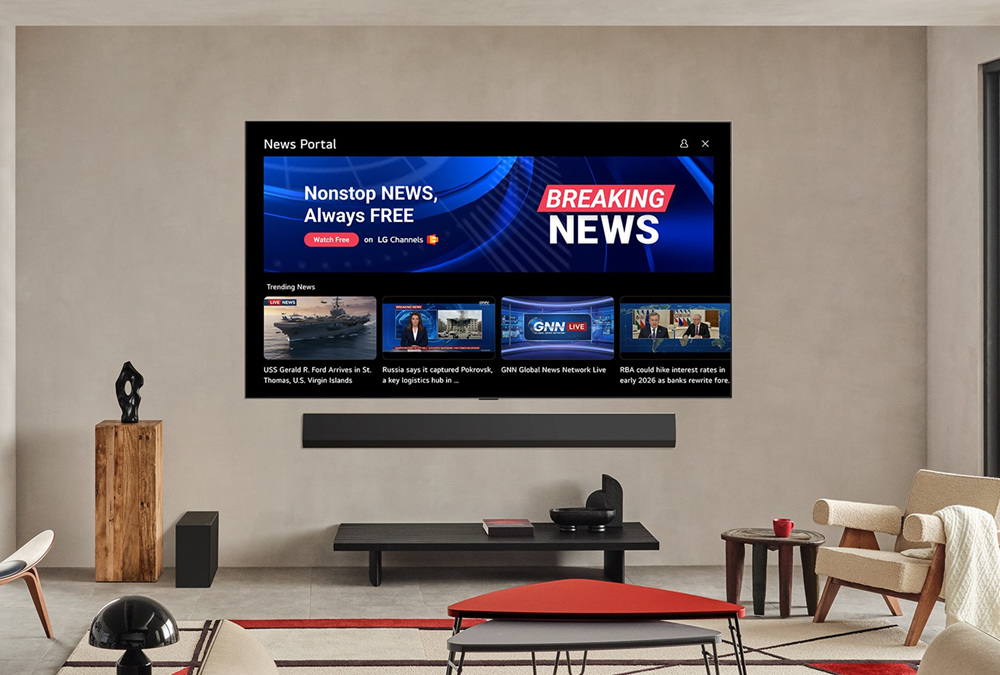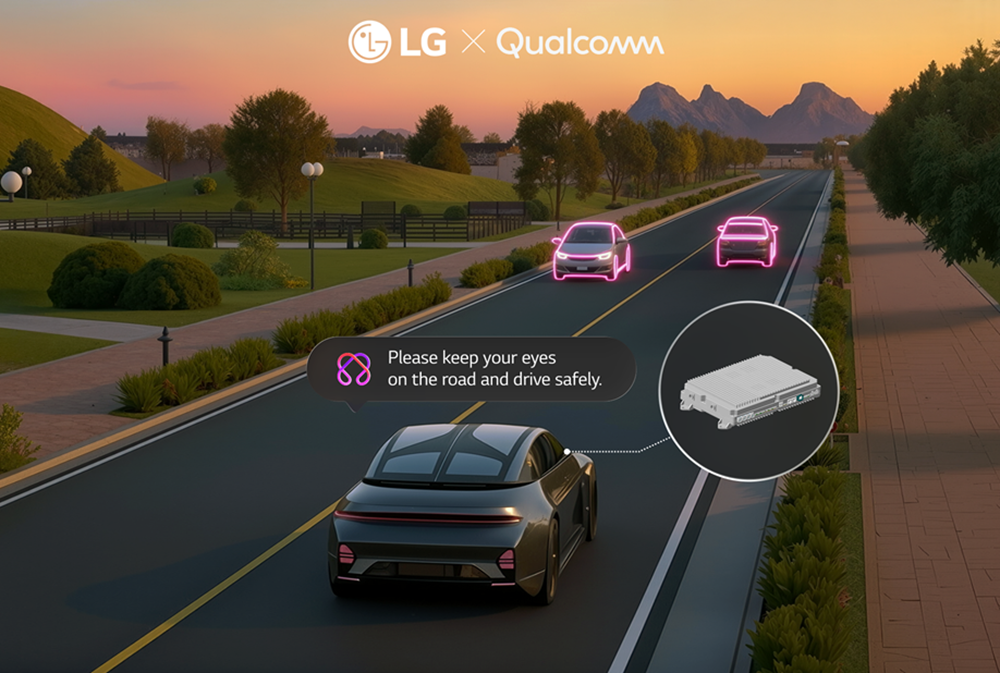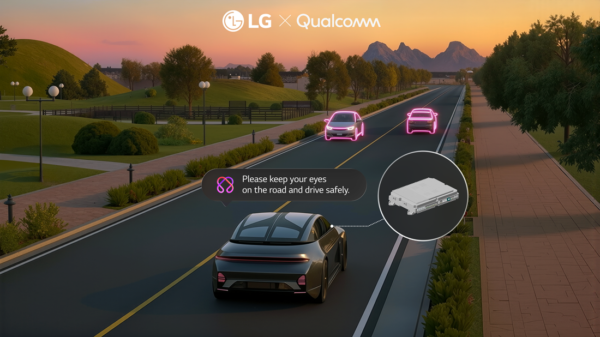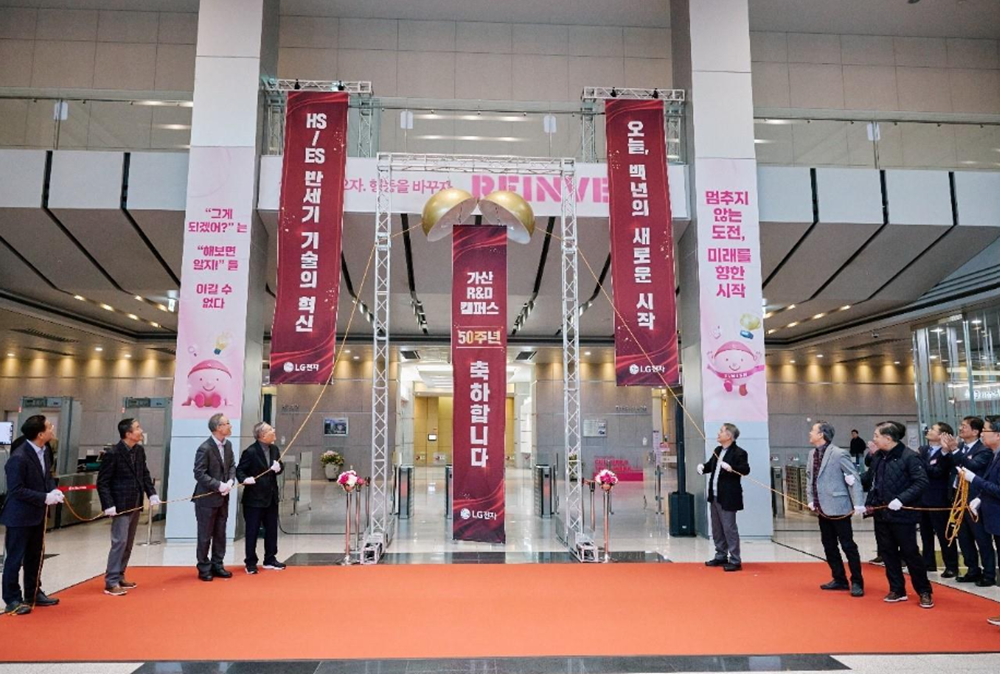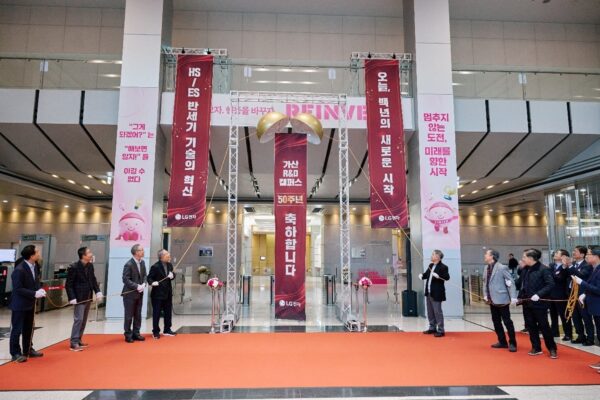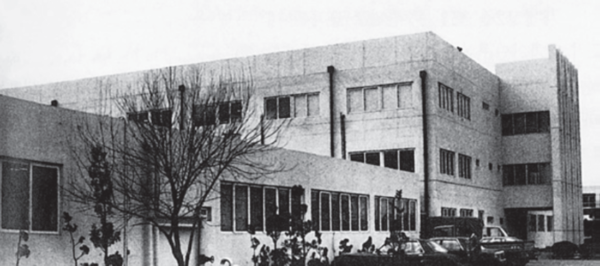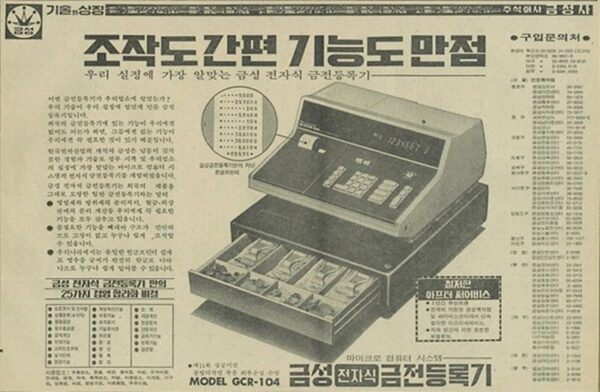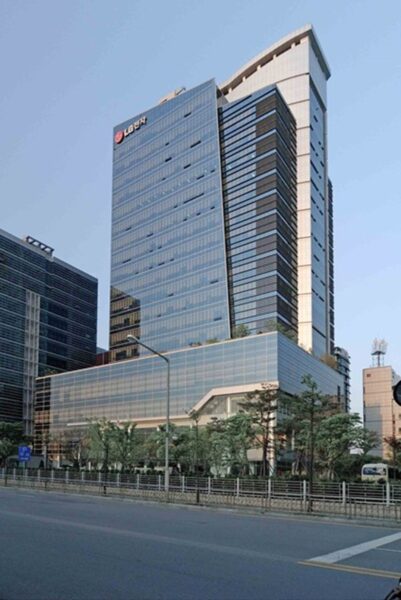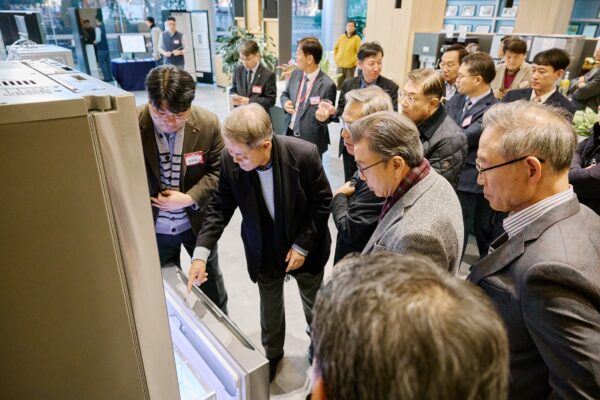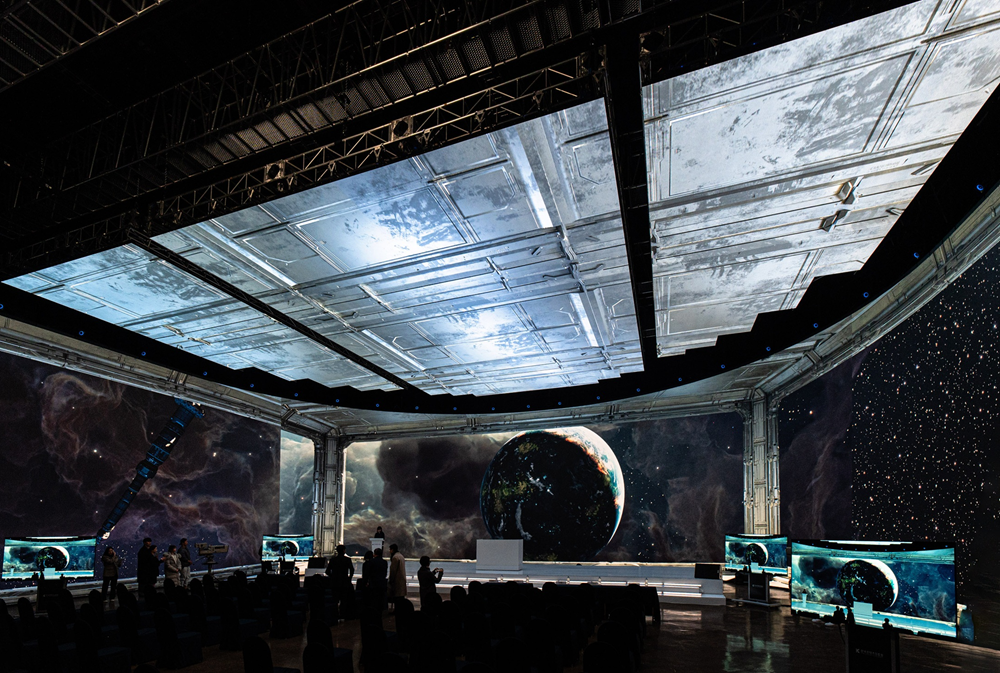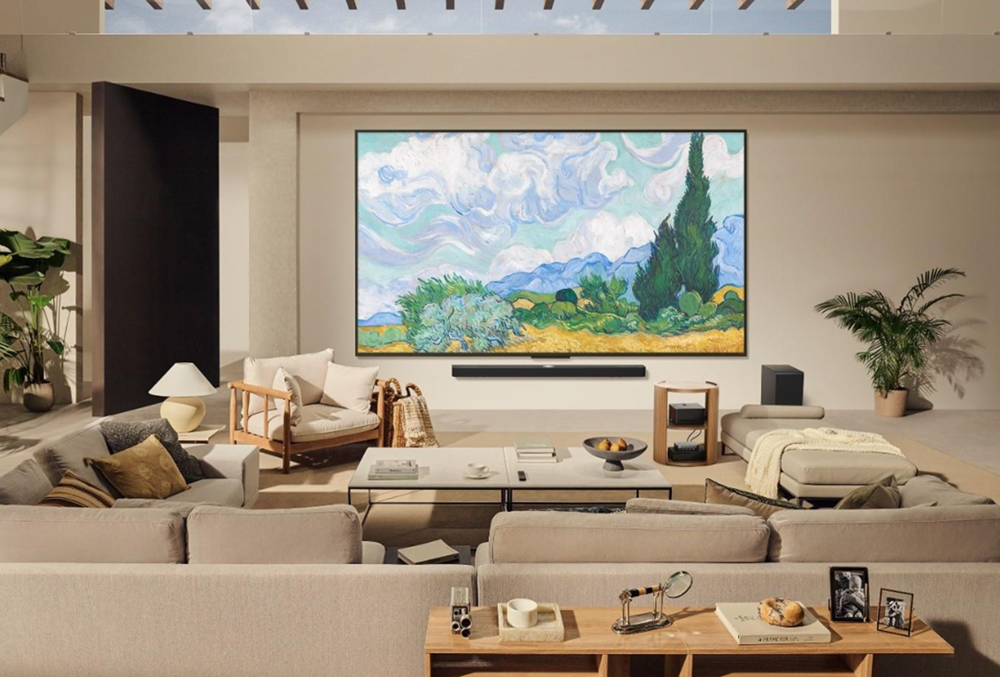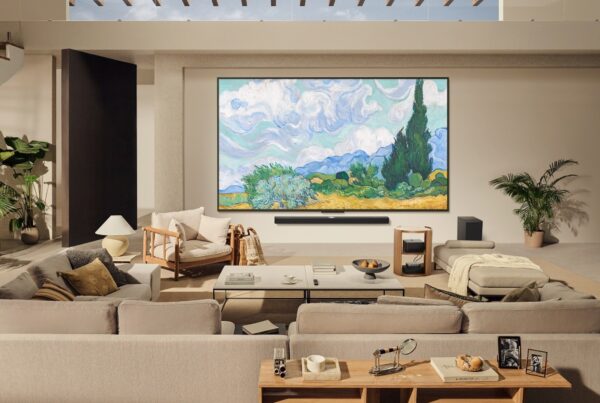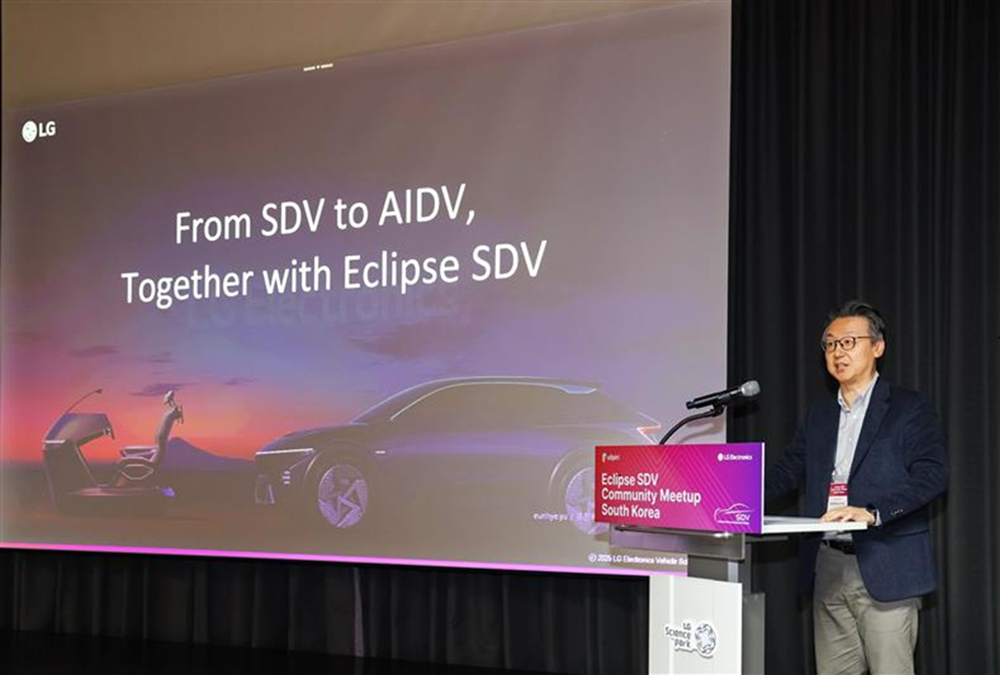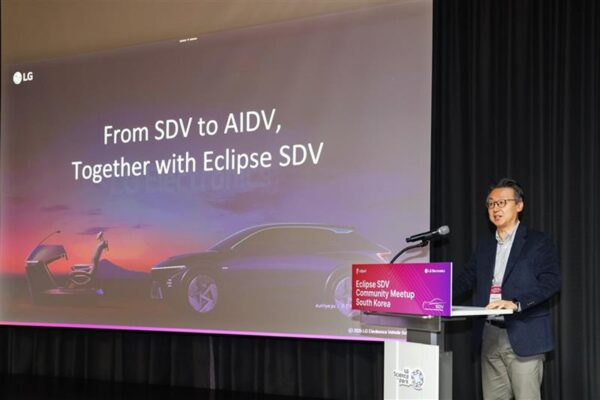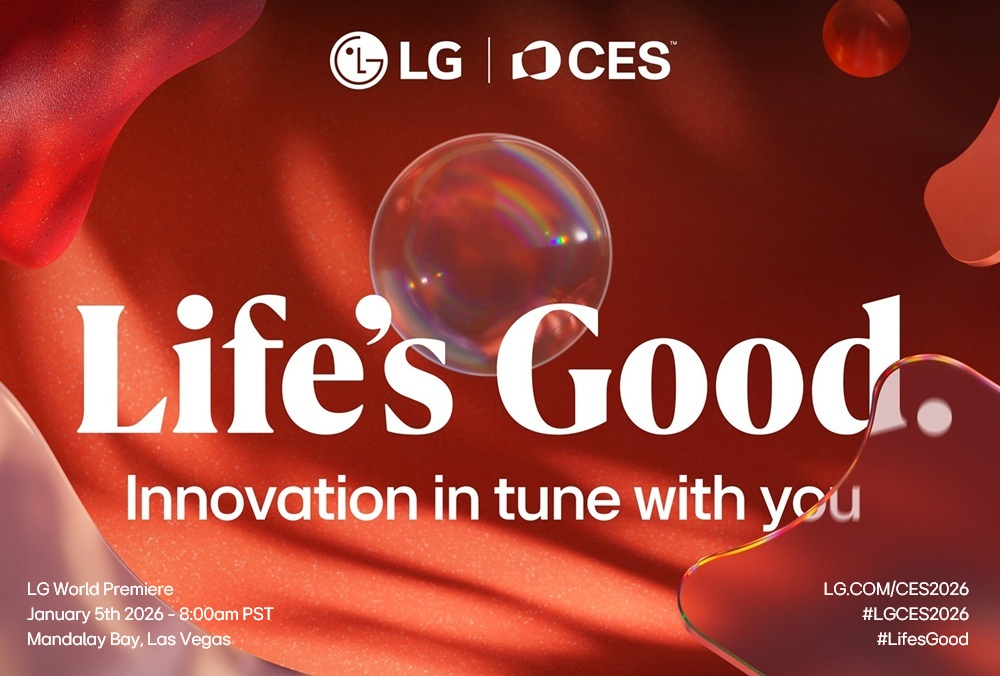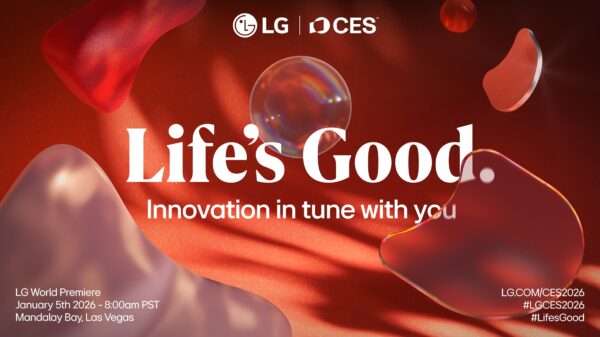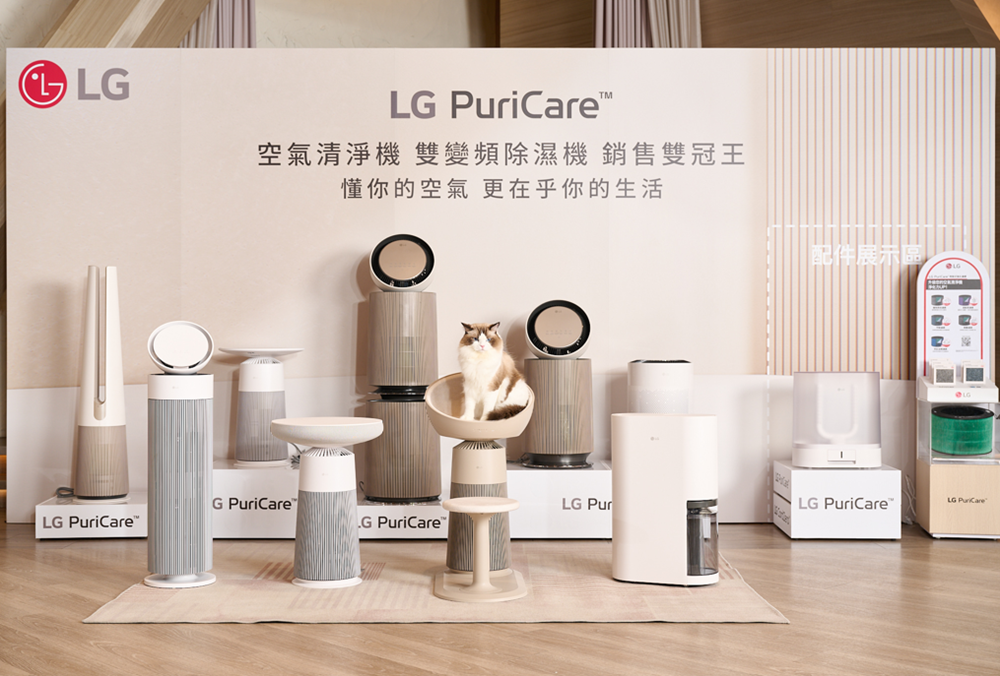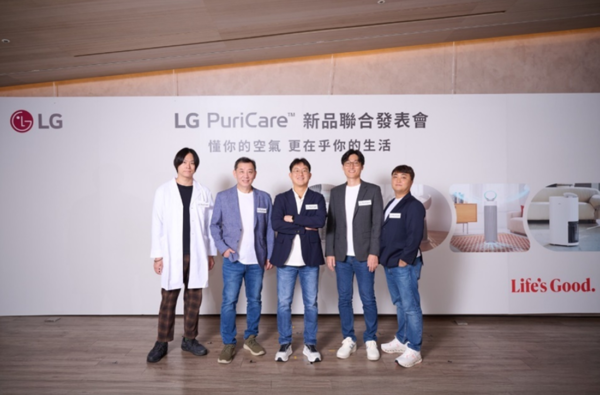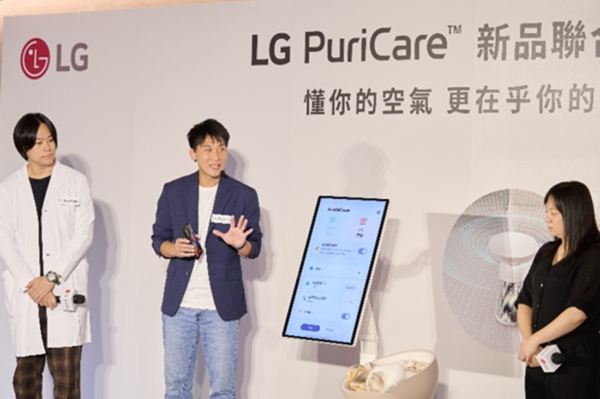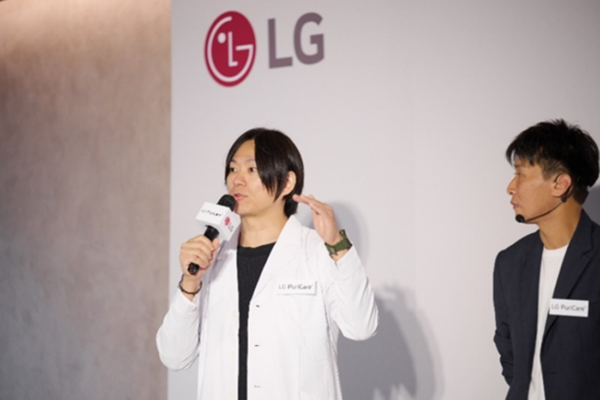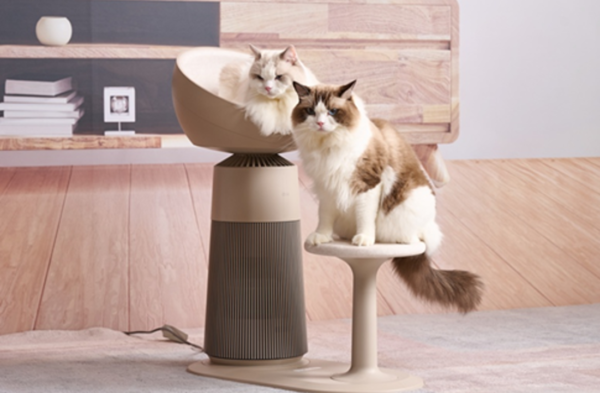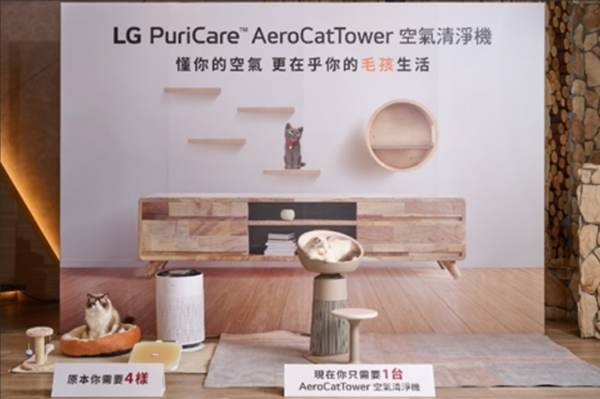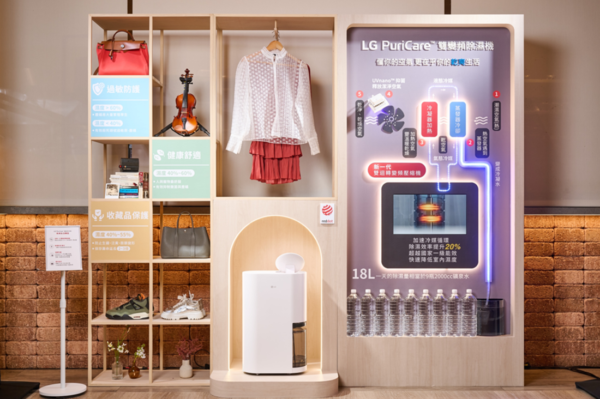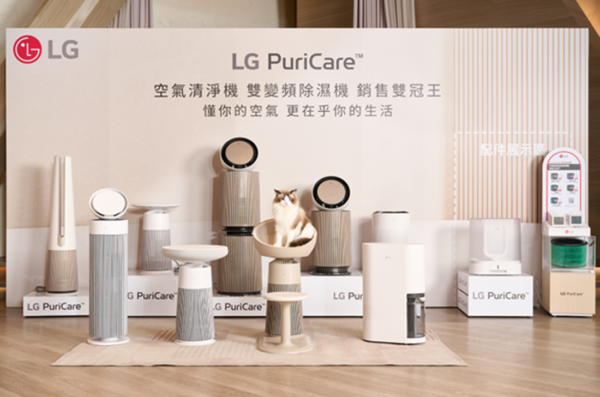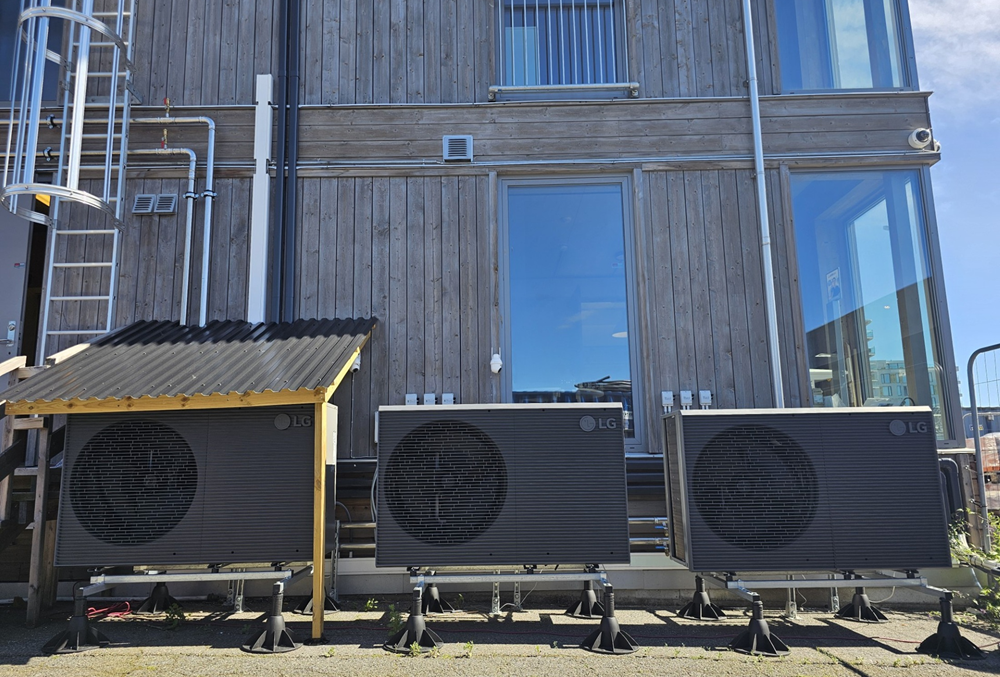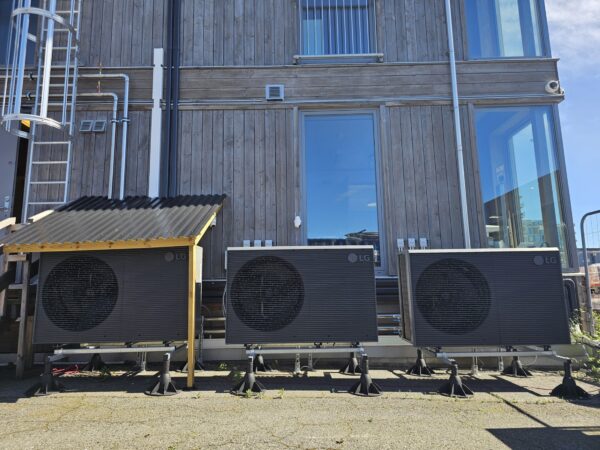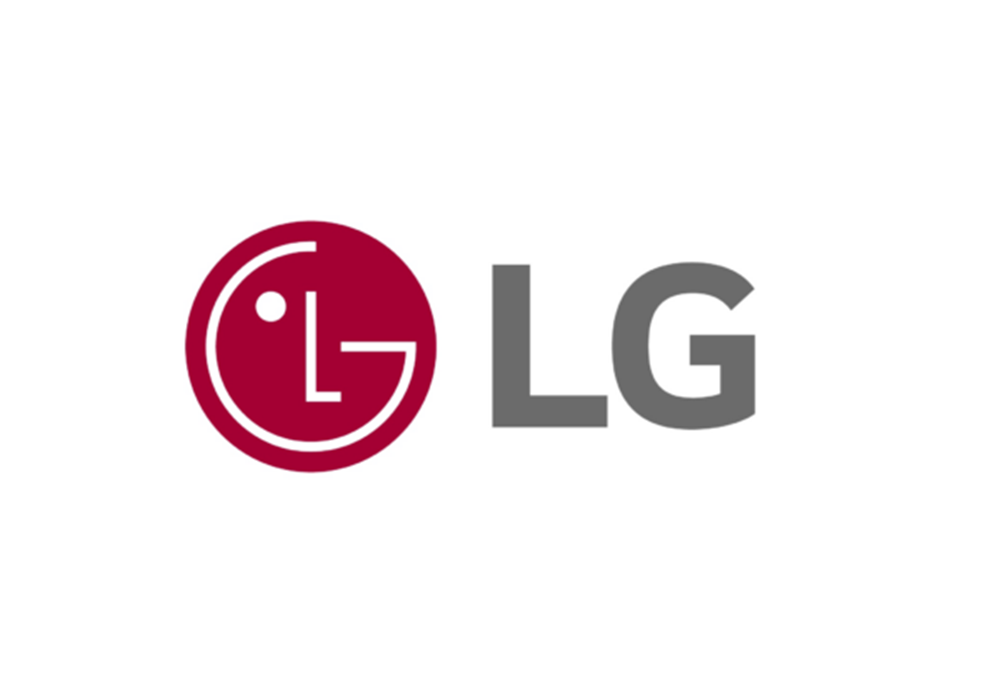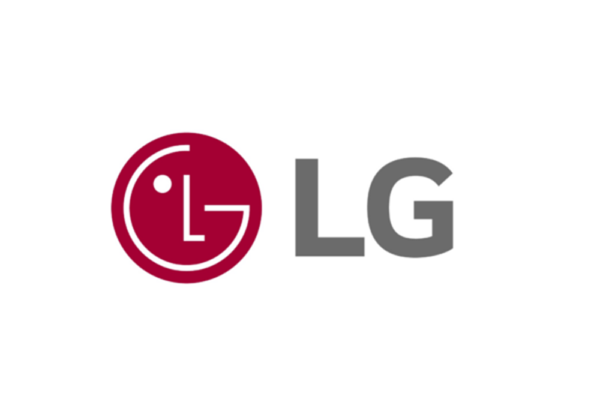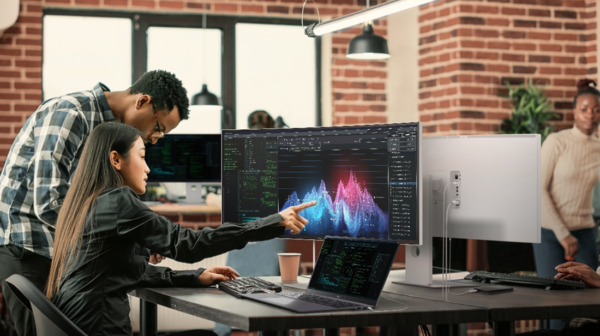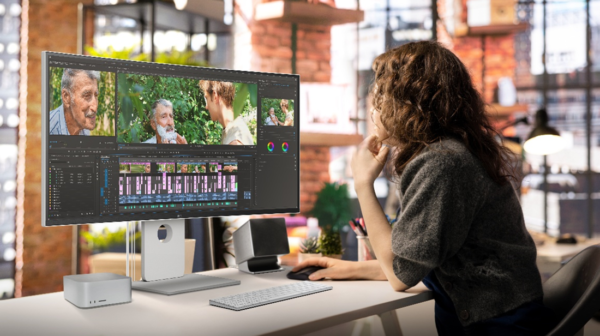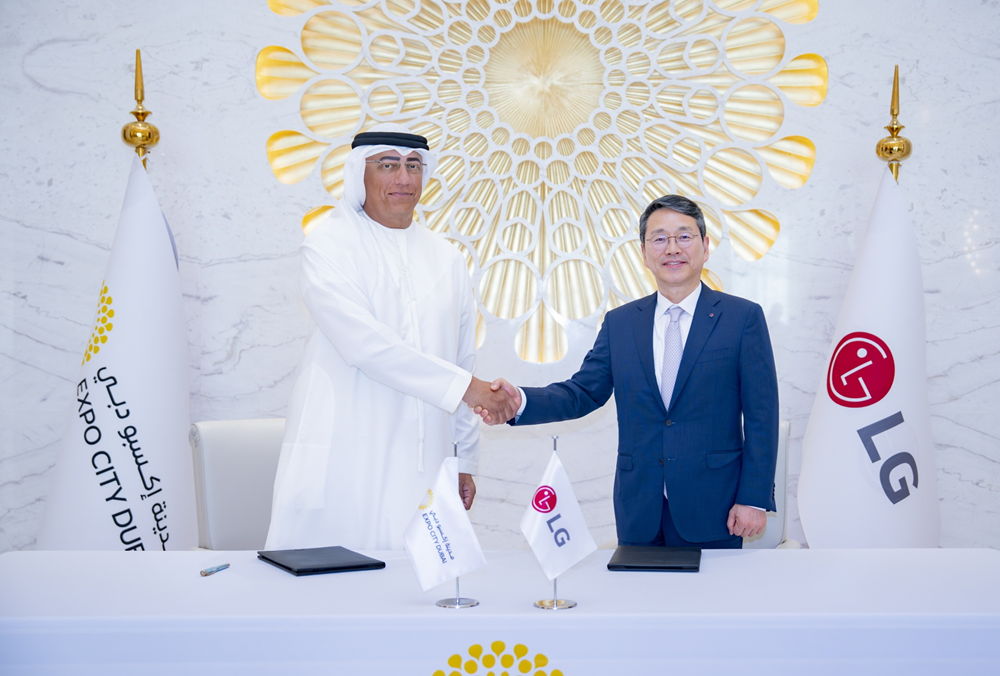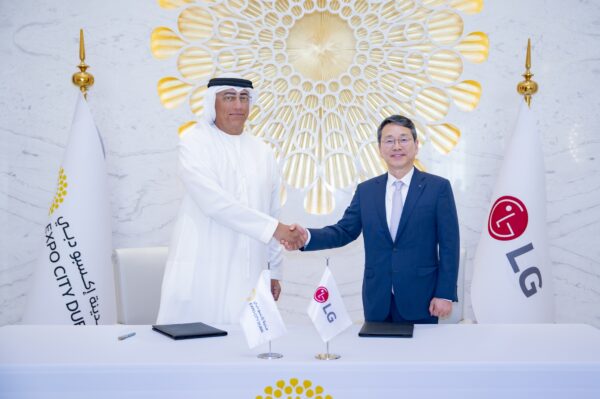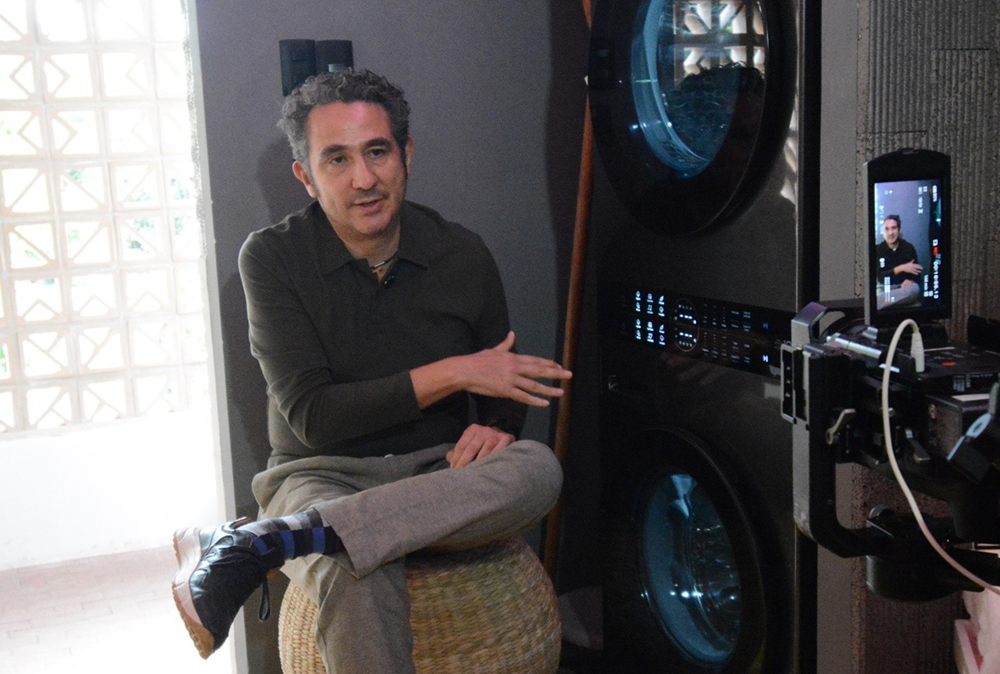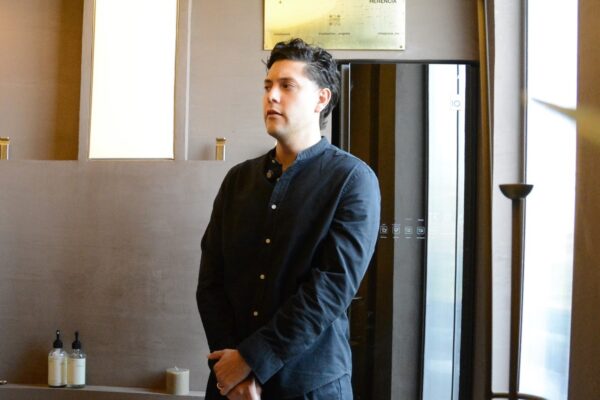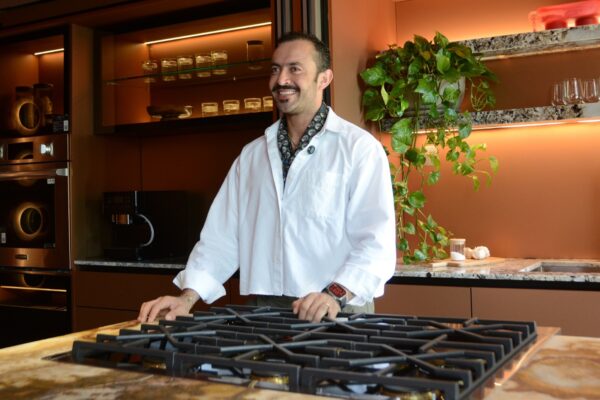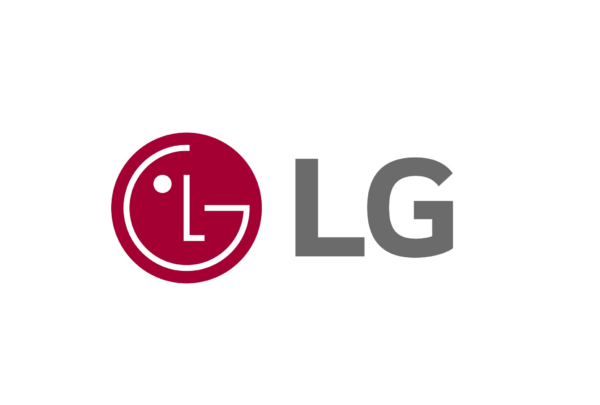Recent Updates Provide LG Smart TV Users With Access to a Versatile News Portal,
a Practical Browser and More News Content From Global Partnerships
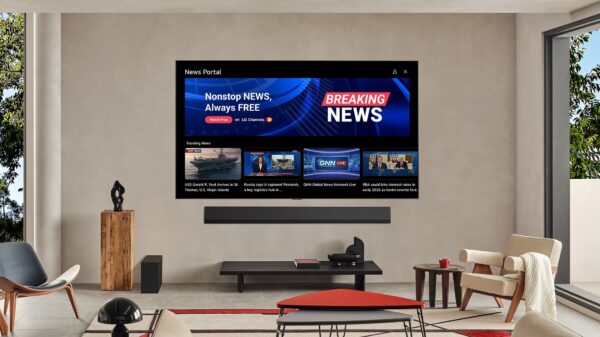
SEOUL, Dec. 12, 2025 — LG Electronics (LG) is bringing updates to its webOS smart TV platform to deliver faster, smarter and more engaging ways to explore news content. With news being one of the most accessed types of content on TVs, LG is dedicated to providing streamlined access to free news channels, podcasts and more through the News Portal and web browser on its convenient webOS platform.
To enable more seamless access to news, LG has partnered with Haystack News, a leading news streaming service that sources content from more than 400 local, national and global news channels and boasts over 40 million registered users. Starting in 2026, LG Smart TVs sold1 in the U.S. and Canada will come with an LG Magic Remote featuring a dedicated Haystack News button, allowing users to jump straight to the service and start watching trusted news without navigating through multiple menus. Haystack News will also be easily accessible via the News Portal or web browser on LG TVs2 running webOS 25 and above.
“Our mission at Haystack News is to provide viewers with unparalleled access to trusted, diverse news sources,” said Daniel Barreto, CEO of Haystack News. “This expanded partnership marks a significant step forward in achieving that goal. We’re proud to deepen our relationship with the world’s number one OLED TV brand.”
Easy to access from the dedicated Q-card, the News Portal offers a streamlined path to news discovery for owners of LG Smart TVs running webOS 253 in nine countries: the U.S., the U.K., Mexico, Brazil, Germany, Spain, Italy, France and South Korea.
By integrating multiple content sources and features into one destination, the News Portal simplifies navigation and serves as an all-in-one hub for news. Users can view the latest live and on-demand news curated from trusted sources like Haystack News in the Trending News4 section; Live news content from LG Channels, the company’s free ad-supported streaming TV (FAST) service; podcasts from LG Radio+,5 the company’s free audio streaming service; and selected news content from major news outlets. With its intuitive interface, the portal helps users stay informed with ease.
LG has also upgraded the platform’s web browser, accessible from the home screen,6 to make it easier to keep up with recent news and information. Featuring an integrated search engine that delivers tailored results for each region,7 the browser helps users quickly find the most relevant stories. Below the search bar, frequently visited website shortcuts appear along with recommended sites.
The browser interface additionally highlights the Trending News section for the most popular news, while the Picks for You section offers personalized recommendations aligned with individual interests.
“LG is enhancing the viewing experience with a refined UI for the News Q-card, making live news watching effortless and more accessible,” said Chris Jo, head of the webOS Platform Business Center at the LG Media Entertainment Solution Company. “This upgrade, along with our Haystack partnership, ensures users can seamlessly explore a wider range of free-to-watch content tailored to their interest and preferences.”
Stay connected with LG Newsroom for the latest news and updates.
# # #
1 LG TVs compatible include 2026 LG OLED TV, QNED TV, down to UHD TV models. Model variation may apply.
2 HayStack News Service is accessible via News Portal in select markets including the US, the UK, Germany, Mexico and Brazil.
3 2025 TVs and older select TV models which have been updated to carry webOS25 10.2.0 software version.
4 Functionality varies by market.
5 LG Radio+ service is currently available in the U.S., UK, France, Germany, Italy, Spain and South Korea.
6 The web browser can be accessible from the home screen in select platforms and markets.
7 The search engine can operate differently by region, supported by Naver in Korea and Google in other countries. Browser’ UI and functionality varies by market.
